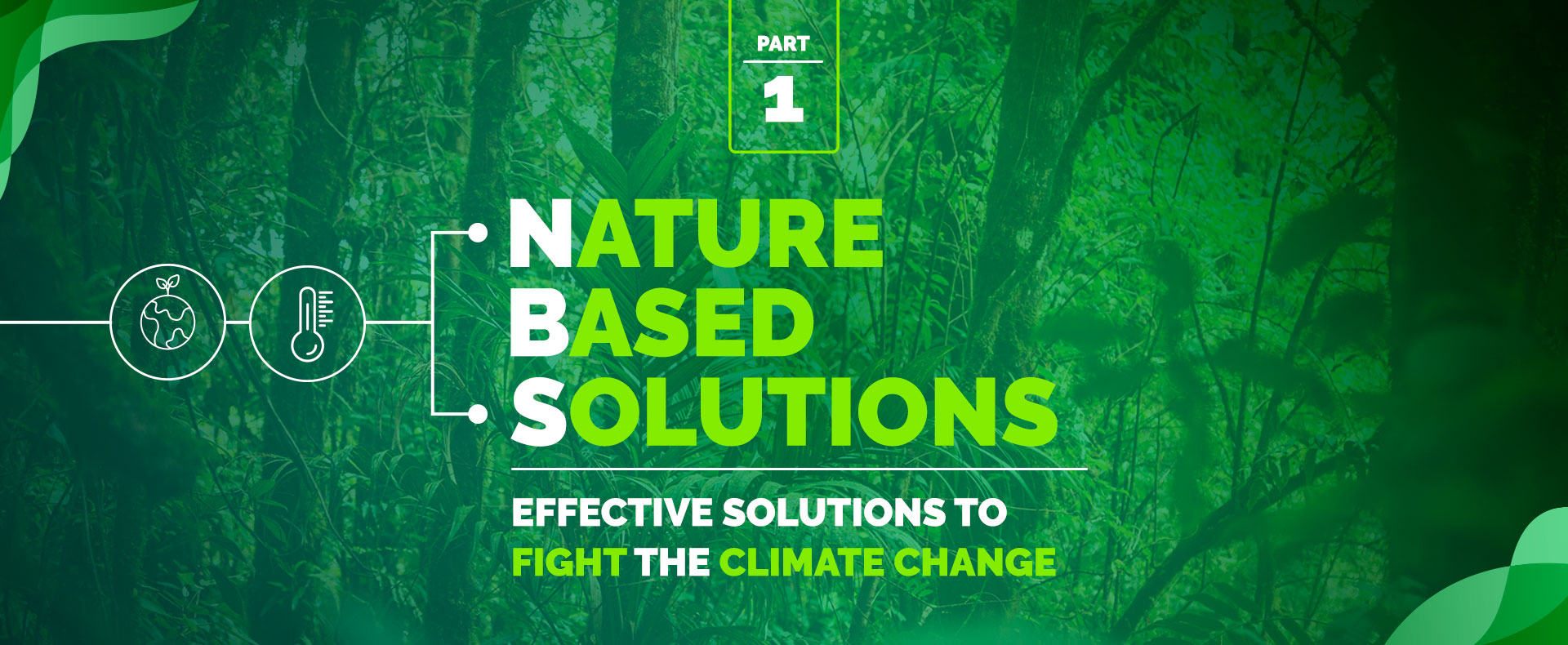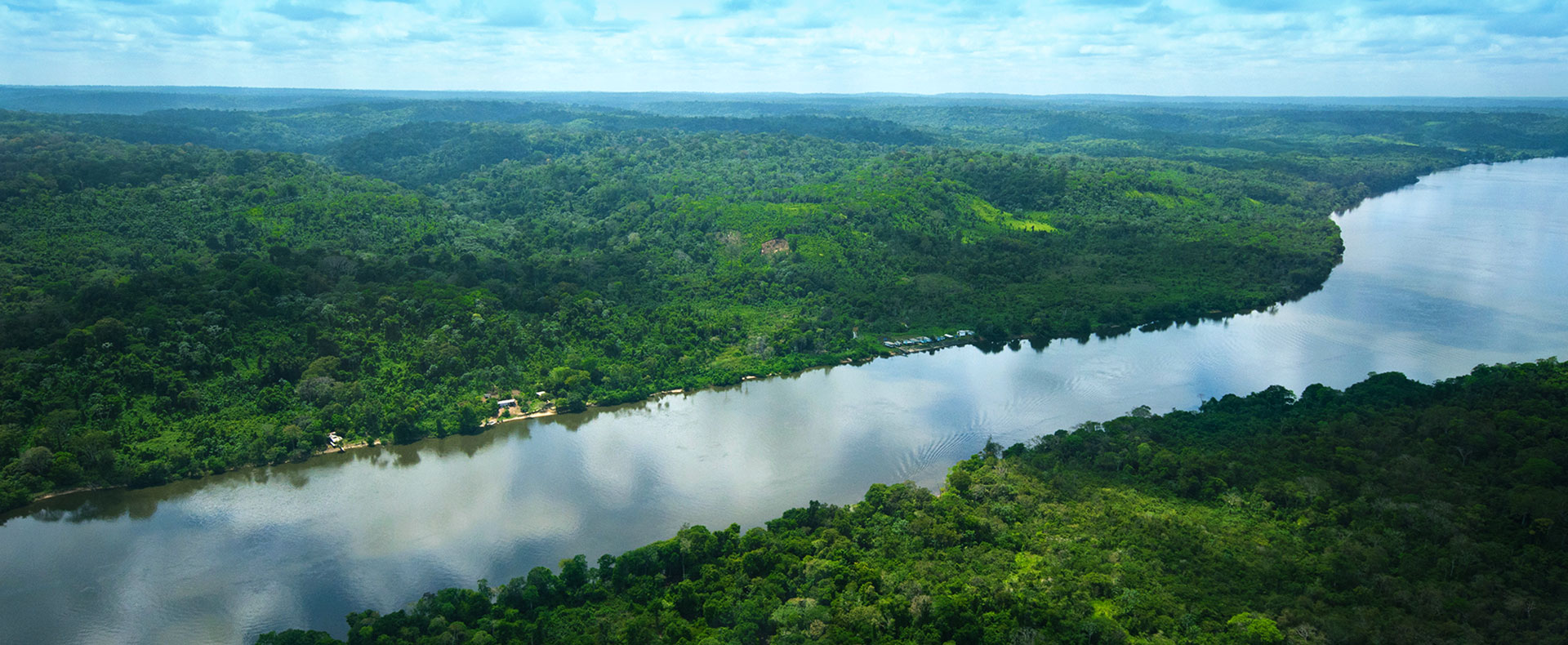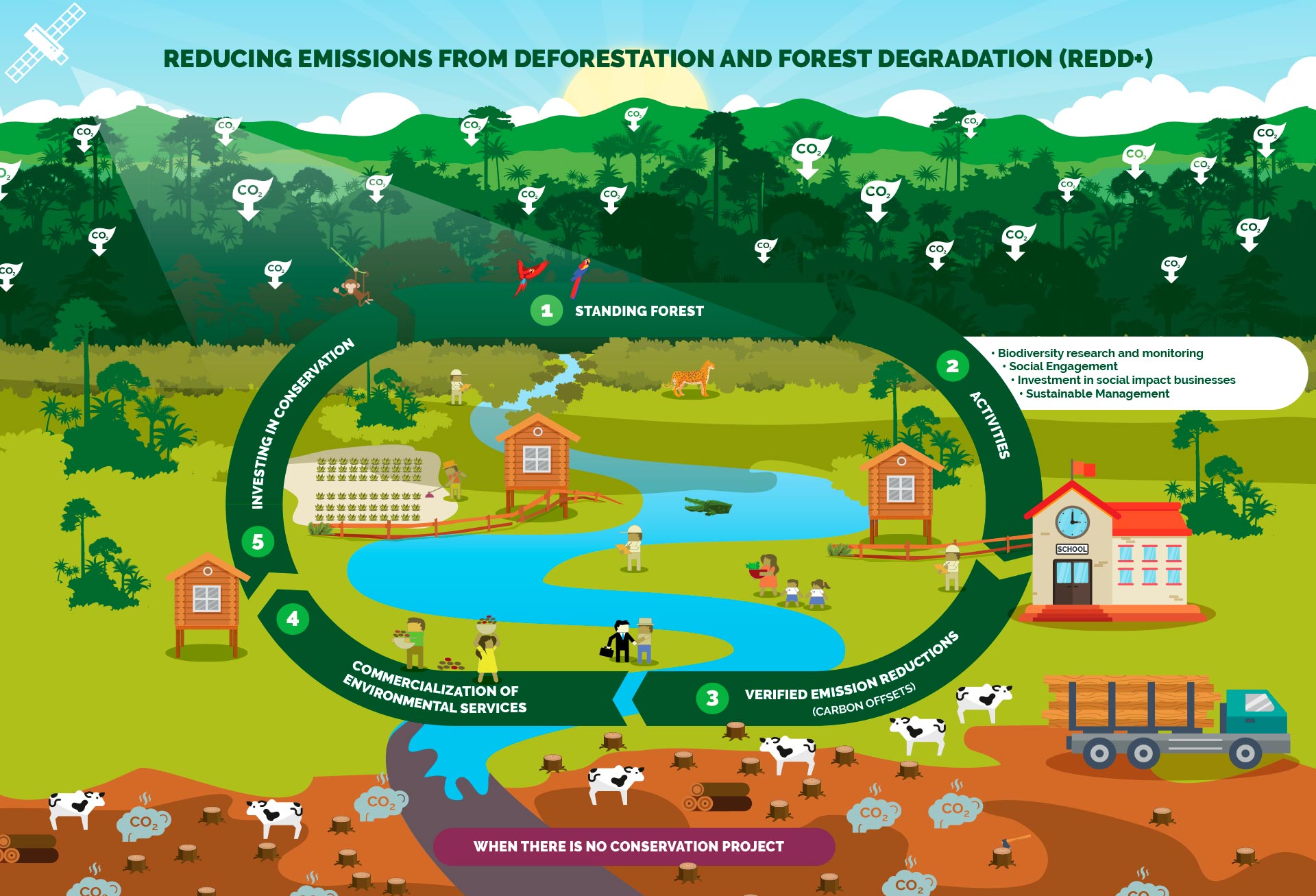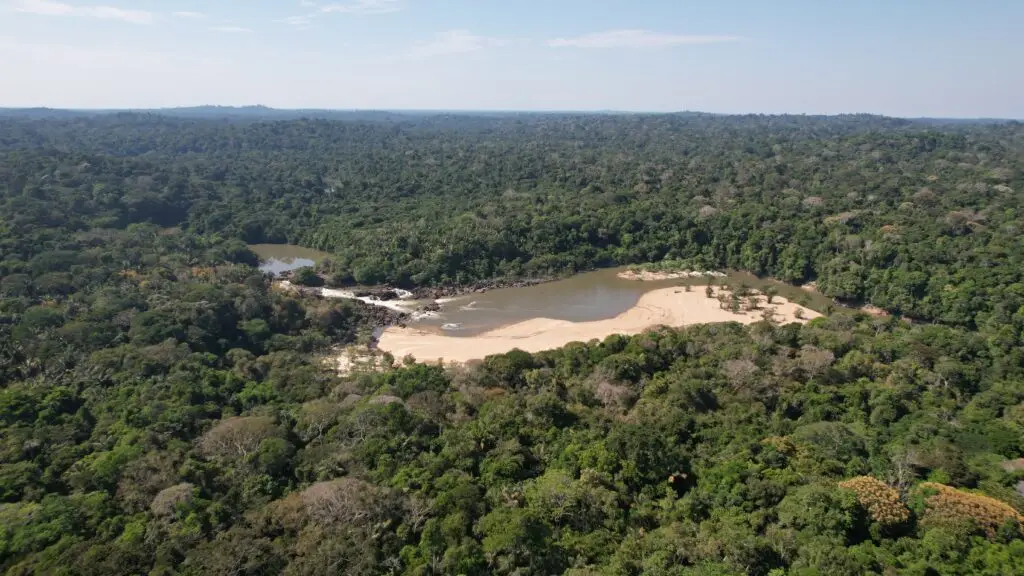The natural forms of counteracting climate changes are the most efficient ones. For such a reason, investing in nature-based solutions is a key mechanism to meet targets of reduction of emissions of the Paris Agreement.

Nature-based solutions (NBS) is a concept defined by the International Union for Conservation of Nature (IUCN) such as actions to protect, manage, and restore natural ecosystems in a sustainable and effective way, taking into account the complexities and well-being of human and biological diversity. Within the concept, practices of intelligent management of lands to reduce or remove the emissions of greenhouse gas (GHG) are also conducted.
2020 has been marked as a game-changer for the construction of a more sustainable future with the Paris Agreement entering into force. We see the consciousness and mobilization for the need for even greater changes – a fact that is reaffirmed with the increase in the search of the governors and leaders of great corporations for supporting and enabling the NBS.
In fact, the effectiveness of natural solutions for fighting against climate change is huge. A study conducted by Proceedings of the National Academy of Sciences of the United States of America (PNAS) has shown that such solutions may be responsible for fulfilling more than one-third of the climate change mitigations necessary to achieve the goal of stabilizing global warming in up to 2°C until 2030.
Conserving forests is paramount for a sustainable future
Building a healthy future means provisioning the needs of the current generation without compromising the resources of future generations. For this to be possible, we must act today to reverse the climate change effects – which are mostly caused due to the excess greenhouse gas (GHG) emissions in the atmosphere.

The standing forests, in addition to conserving the biodiversity, have an incomparable capacity of absorption and storage of carbon, and, opposite to what is usually thought, keeping them does not adversely influence the capacity of agriculture and cattle raising production, mainly in Brazil, where there are many already open areas that could be used for the smart and low-carbon cultivation.
However, this is a job that goes beyond environmental backgrounds. Therefore social and environmental matters are also considered when classifying a mechanism such as NBS. For deforestation to be avoided, investments that remunerate ecosystem goods and values are necessary, so that keeping the forest is more advantageous than deforesting it.
REDD+: one of the most complete nature-based solutions
REDD+ is an innovative and collaborative mechanism developed to actively contribute to the fight against climate change and in favor of the decrease of global warming through the conservation of native forests.

As of internationally known methodologies and by means of social, economic, and environmental activities, it is possible to remunerate those who maintain the forests standing. Therefore, it is possible to generate carbon credits, considering that once they are traded, they generate financial resources for the conservation economy.
Due to all its complexity and the set of actions that are part of REDD+, the mechanism fits in as a nature-based solution that is accessible and effective to address corporate emissions neutralization demands.
Understand better what it is and its positive impact in our article: After all, what is REDD+
Your company may contribute to preserving biodiversity, fighting against climate change, and supporting the Amazon Rainforest’s socio-economic development while it neutralizes emissions through the carbon credits.






